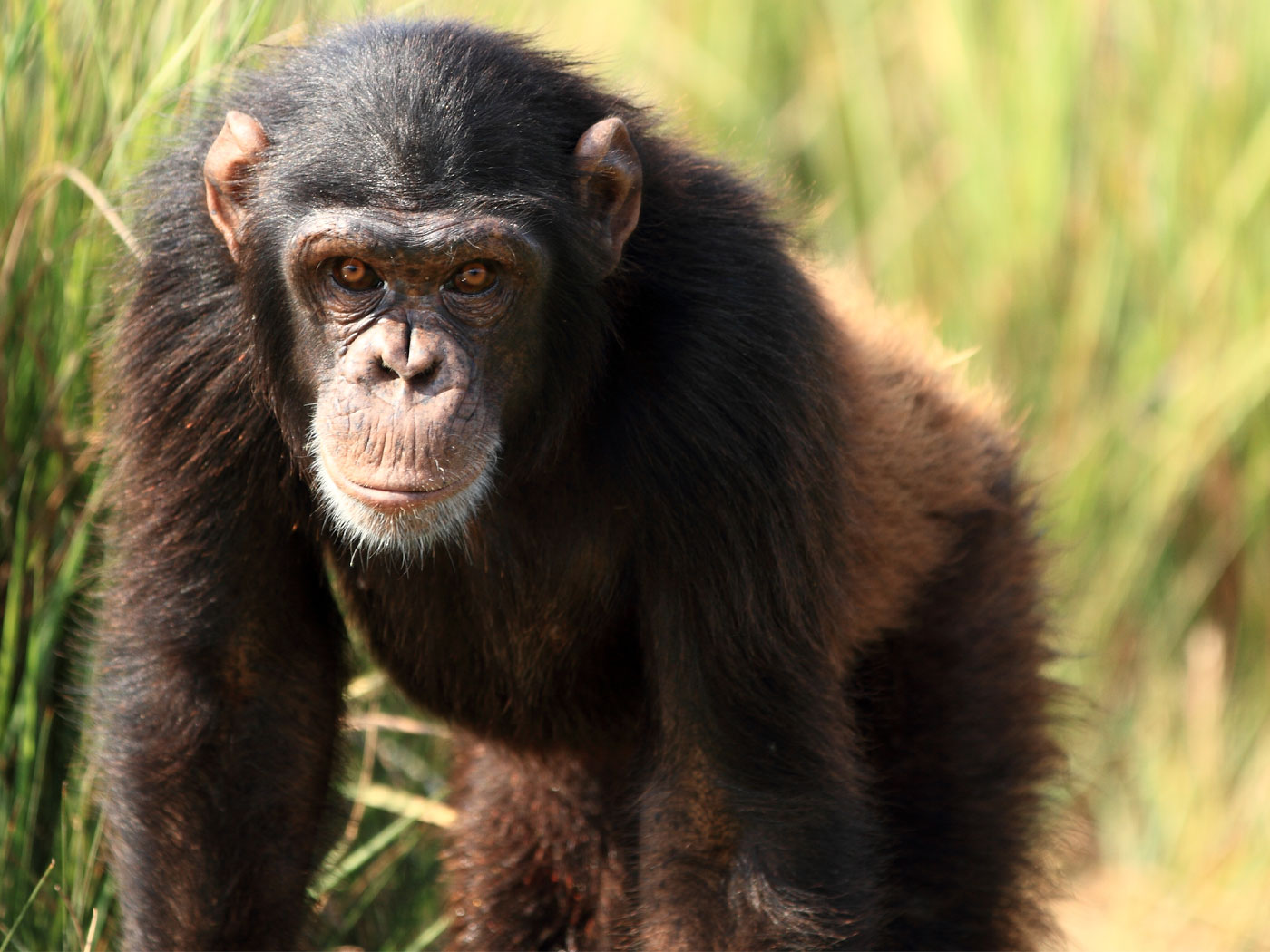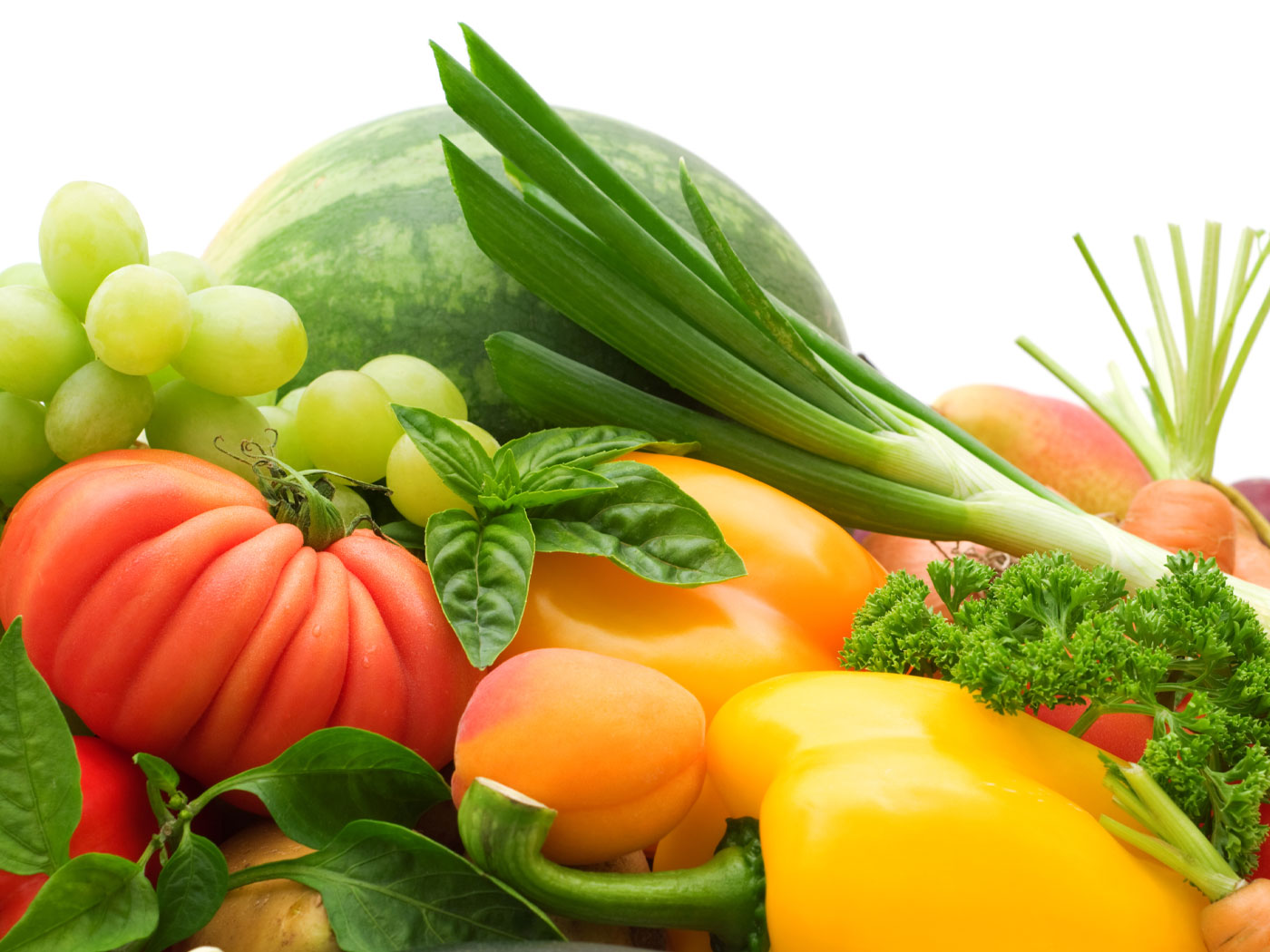A new study came out showing how plants utilize an efficient form of mathematics to precisely calculate how much starch to consume as food during the night.1
During the daytime, plants make carbohydrates through photosynthesis and store a portion of them as starch molecules. The cells then metabolize that starch as a food source during the night to fuel cell growth and development. One researcher said, "If the starch store is used too fast, plants will starve and stop growing during the night. If the store is used too slowly, some of it will be wasted."2
However, the plant must use its food reserves judiciously and dynamically by controlling the rate of its metabolism along with the amount of starch used during the night. Researchers are now beginning to unravel how plants manage this process, and they were surprised to find that the mustard plant they studied followed principles of mathematical equations. Researcher Allison Smith said, "The capacity to perform arithmetic calculation is vital for plant growth and productivity."2
In the natural environment, plants have to partition out their starch reserves during the night so that they are consumed at a consistent rate and last throughout this dark period. This is done by dynamically feeding critical variable information into the cellular-control system such as day length (which changes during the year), the amount of starch available, temperature, and even water availability.
Researchers held constant most of the fluctuating factors that are typically found in nature. Nevertheless, they discovered that even under highly controlled conditions, the model mustard plants they were studying, called Arabidopsis thaliana, exhibited an amazing level of bioengineering and performed mathematical operations.
Researchers proposed that the process was controlled by two different sets of molecules. One set measured time, like an internal clock. The other set measured and monitored starch reserves. These two sets of molecules work together in a mathematically and dynamically coordinated fashion to control the rate of starch usage during the night when the plant is growing but not photosynthesizing.
Richard Buggs, a noted intelligent design proponent and plant scientist at Queen Mary, University of London, told the BBC, "This is not evidence for plant intelligence. It simply suggests that plants have a mechanism designed to automatically regulate how fast they burn carbohydrates at night. Plants don't do maths voluntarily and with a purpose in mind like we do."3
Indeed, these results clearly support incredible bioengineering design and biocomplexity in living systems that allows for dynamic coordinated responses of the organism and its physiology to the environment in which it lives. The credit for this amazing mechanism in plants should go to God, the supreme intelligence who designed it.
References
- Scialdone, A. et al. Arabidopsis plants perform arithmetic division to prevent starvation at night. Posted on elife.elifesciences.org June 25, 2013, accessed July 1, 2013.
- Briggs, H. 2013. Plants 'do maths' to control overnight food supplies. BBC News Science & Environment. Posted on bbc.co.uk June 23, 2013, accessed July 1, 2013.
- Briggs, H. 2013. Plants 'do maths' to control overnight food supplies. BBC News Science. Posted on customnewscast.com June 24, 2013, accessed on July 1, 2013.
* Dr. Tomkins is Research Associate at the Institute for Creation Research and received his Ph.D. in Genetics from Clemson University.
Article posted on July 10, 2013.













